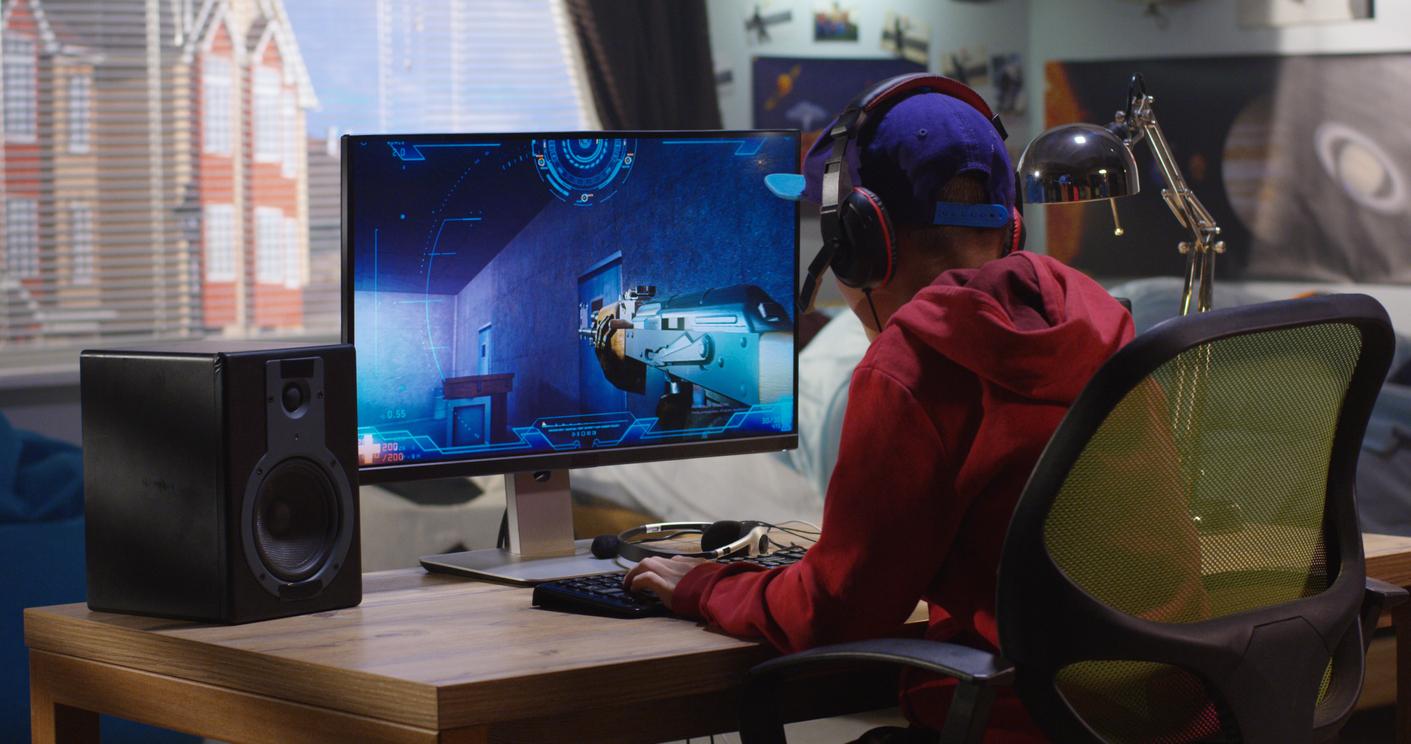The head trauma in adolescence promote multiple sclerosis (MS) in adulthood, according to the rresults of a study Annals of Neurology. This link is not observed if the shocks occurred during childhood.
Researchers at Örebro University in Sweden used medical records to analyze the long-term health effects of concussions in children from birth to age 10 and in adolescence between 11 and 20 years old. . The risk of multiple sclerosis (MS) was examined in late adulthood for these two groups.
Concussions implicated in multiple sclerosis
“We believe concussion in adolescents can cause changes that over time prevent nerve and brain cells from functioning properly,” says Scott Montgomery.
The results of the study showed that a concussion in adolescence increased the risk of later MS by 22%. Teenagers who experienced two or more concussions increased that risk by 133%. This link has not been proven for children.
“Multiple sclerosis is caused by a combination of genetic causes and environmental exposures. Most young people who experience a head injury shouldn’t worry because they don’t necessarily carry the genes needed to develop MS,” explains Scott Montgomery.
The multiple sclerosis is a neurological disease that disturbs the movements, the senses, the balance. It usually develops over time, during which the body’s immune system attacks parts of the central nervous system.
Read also:
Head injuries: longer recovery times
Head trauma: a test to know if you are at risk of concussion
Head trauma: inflammatory markers to detect them very early
















